
At a time when many black people were enslaved, and those who were free had almost no legal protections that any white man was bound to respect, the Colored Conventions were a monumental organizing effort by black people across the country to fight for full citizenship rights.
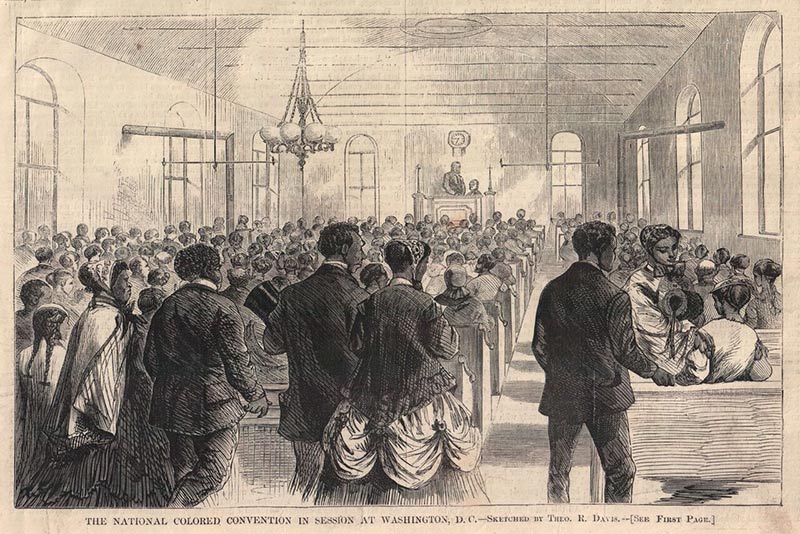
Artistic rendition of Colored Convention in Washington D.C.
The Jim Casey Collection
The first Colored Convention in California was held at St. Andrews AME Church in Sacramento in 1855. Abolitionists and church leaders who had participated in earlier conventions on the East Coast led the proceedings. They called for the abolishment of slavery, voting rights for black men, and the repeal of testimony exclusion laws that made it illegal for black and Native Californians to testify in court against whites. Delegates represented a wide swath of black leadership, including prominent writers, newspaper editors, organizers, and entrepreneurs. The convention leadership established an executive committee to raise funds for their lobbying efforts. Progress was slow. California’s Legislature ignored petitions to repeal the testimony exclusion laws and enabled anti-black racism and slavery to flourish in the “free” state. In 1863, the Legislature finally overturned the ban on black testimony after an eight-year campaign by Colored Convention delegates. The Convention met for the last time in California in 1865, and would serve as an inspiration for later civil rights movements.
George Gordon, a prominent Colored Convention delegate, was murdered by a white man in 1861. During his killer’s trial, the court refused to allow the testimony of black eyewitnesses. To hear his story, click here.
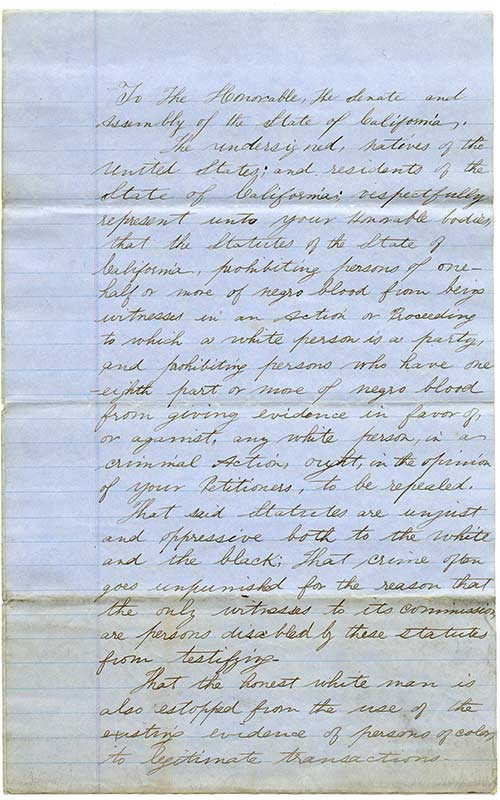
A petition for legal recognition of Black Californians AD, 1852-62? (p.2 of 3), MS 169A; California Historical Society
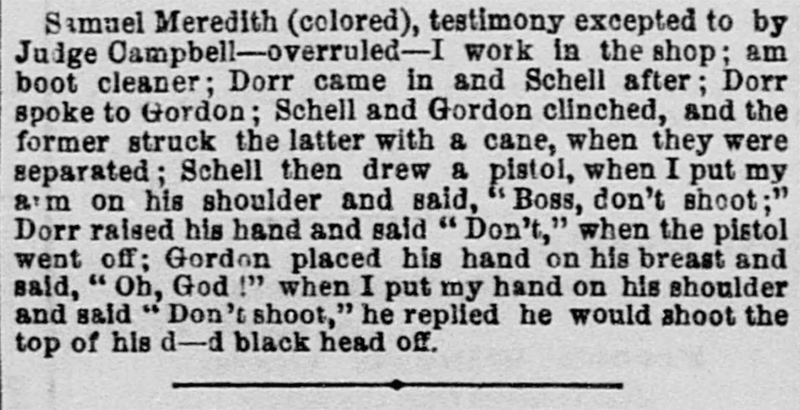
George Gordon, a black barber was shot to death by a white man in full view of witnesses in his San Francisco shop. A judge refused to allow the testimony of blacks because of their race. The killer got a lighter sentence as a result.
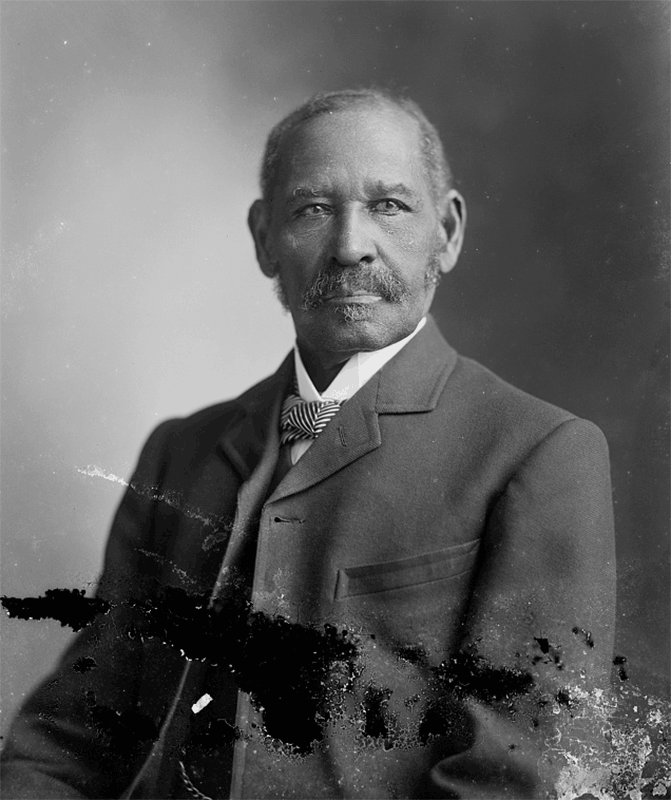
After waging a long battle against California’s anti-black laws, Mifflin Wistar Gibbs, a prominent civil rights activist and entrepreneur in San Francisco, helped lead a migration of several hundred African Americans to Victoria, British Columbia.
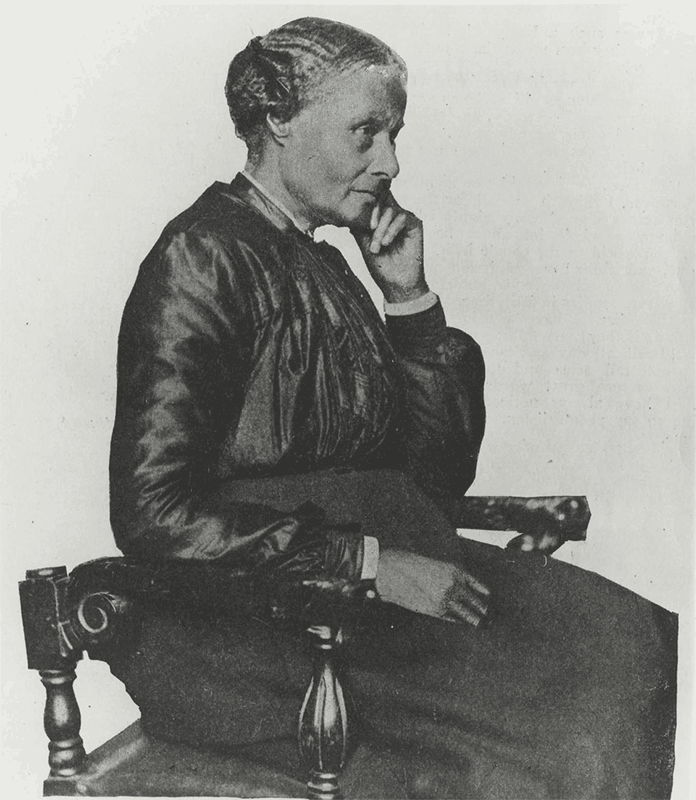
Mary Ellen Pleasant was a self-made millionaire and leading abolitionist based in San Francisco during the Gold-Rush era.
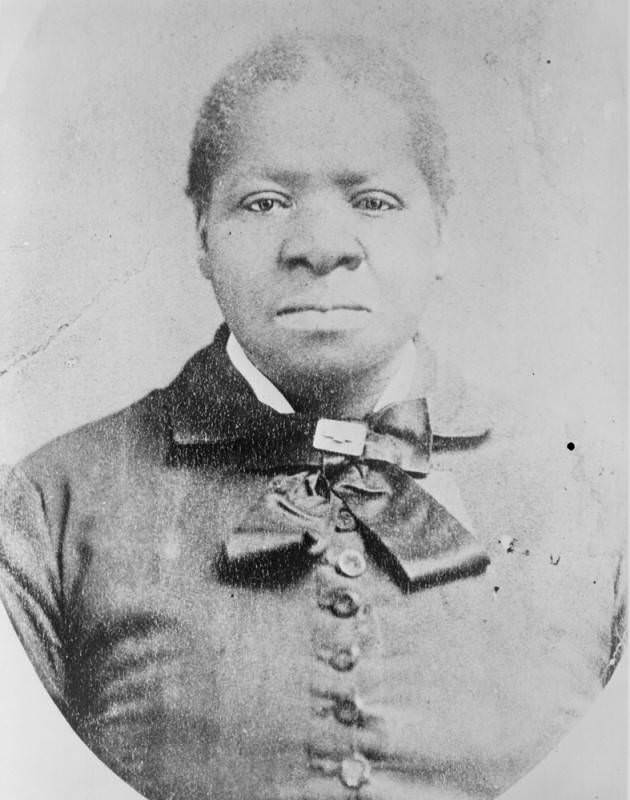
Bridget “Biddy” Mason was brought as a slave to California. When she learned of her legal rights, she sued for freedom for herself and her family and won, in what became a landmark court case.
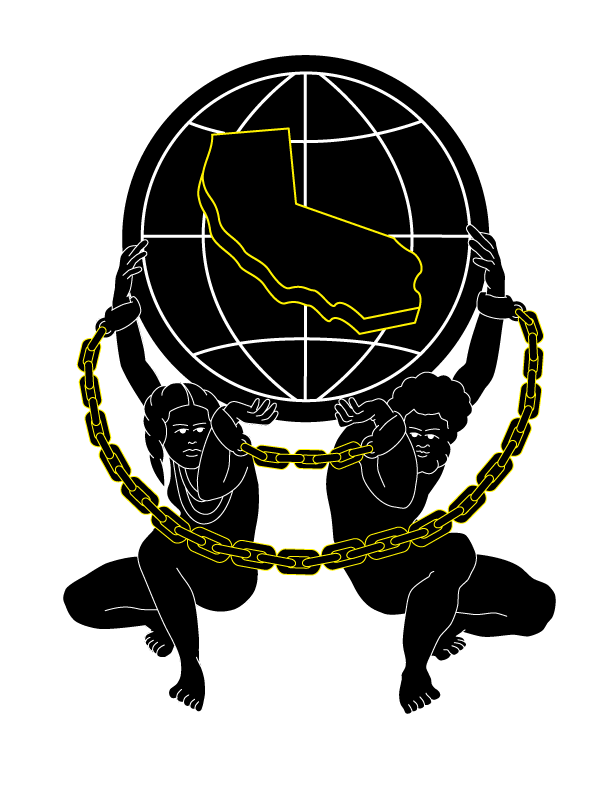
The mission of Gold Chains is to uncover the hidden history of slavery in California by lifting up the voices of courageous African American and Native American individuals who challenged their brutal treatment and demanded their civil rights, inspiring us with their ingenuity, resilience, and tenacity. We aim to expose the role of the courts, laws, and the tacit acceptance of white supremacy in sanctioning race-based violence and discrimination that continues into the present day. Through an unflinching examination of our collective past, we invite California to become truly aware and authentically enlightened.